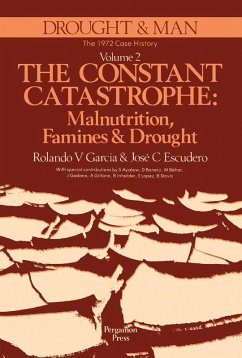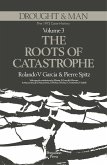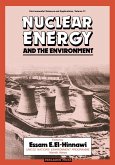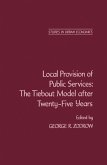The Constant Catastrophe: Malnutrition, Famines, and Drought deals with the 1972 drought, and emphasizes the underlying social conditions that are related to its effects. The book examines the relationship of drought as a meteorological event and the famine that results as a social event. The effects of natural catastrophes become transformed by social structures and political processes in many countries of the world, more than which can be attributable to the physical cause itself. A striking parallelism that emerges in the study is that climatological analysis implies reference to large scale space and time processes. Famine also occurs as anomalies within large-scale processes in society-famine changes nutritional levels in communities. The text proposes a theoretical framework for a methodologically-adequate diagnostic tool that can be used in studying the "factual events" in previous cases of major disasters due to climactic factors. Case studies include those that happened in the Sahel, Ethiopia, India, China, the United Kingdom, and Brazil. Among several recommendations, one which the book proposes in the management of the effects of drought, is to adopt an approach similar to that of the Red Cross. The book is suitable for economists, environmentalists, ecologists, and policy makers involved in crisis management, food production, and rural development.
Dieser Download kann aus rechtlichen Gründen nur mit Rechnungsadresse in A, B, BG, CY, CZ, D, DK, EW, E, FIN, F, GR, HR, H, IRL, I, LT, L, LR, M, NL, PL, P, R, S, SLO, SK ausgeliefert werden.









